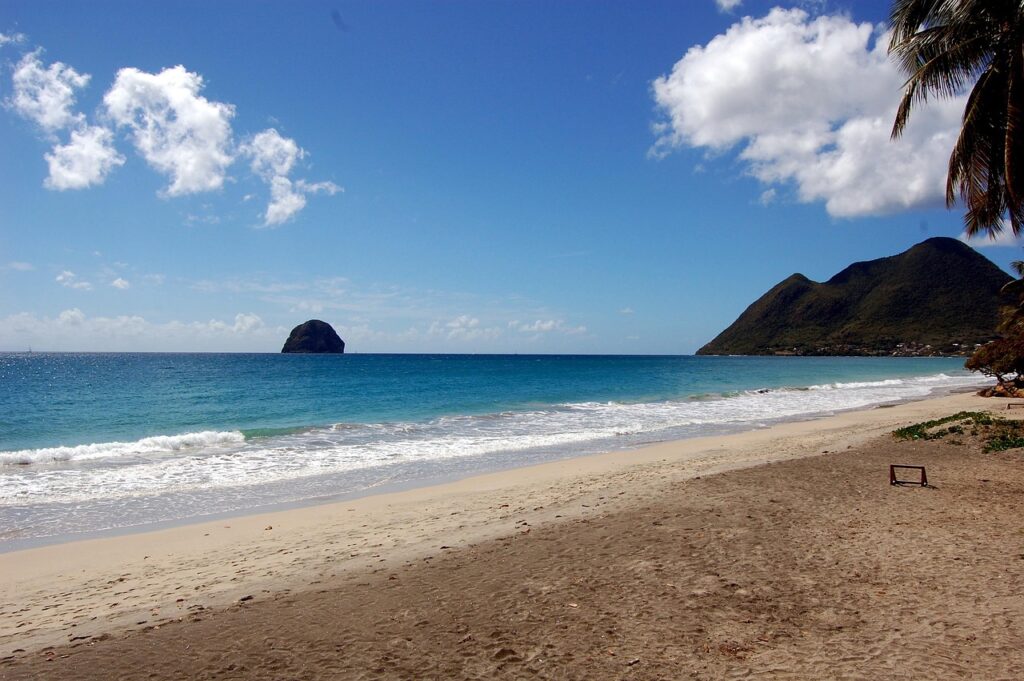
Traveling to a beautiful place like Martinique can be a dream come true—white sandy beaches, lush rainforests, and delicious local cuisine. But what happens if a hurricane threatens your trip? One of the best ways to safeguard that dream vacation is through travel insurance. Before diving into the specifics, let’s break down what travel insurance covers, especially regarding hurricanes.
Understanding Travel Insurance and Hurricanes
Let’s be real: Mother Nature can be unpredictable. Hurricanes, particularly, can cause serious disruptions to travel plans. While you can’t control the weather, you can prepare for it by understanding how travel insurance works and what it covers.
What Does Travel Insurance Generally Cover?
When you purchase travel insurance, you’re essentially buying peace of mind. Although policies vary, most cover:
Trip Cancellation: If a hurricane forces you to cancel your trip, you may be able to recoup the costs of flights, accommodations, and activities.
Trip Interruption: Sometimes plans change, and you need to cut your trip short. Insurance may cover those unexpected expenses, allowing you to return home earlier than planned.
Refund for Non-Refundable Expenses: Whether it’s a non-refundable hotel booking or specific tours, insurance may help recover some of these costs.
Emergency Evacuation: If a hurricane forces an evacuation during your stay, travel insurance can cover the costs related to emergency travel.
Medical Expenses: If you get injured or fall ill while on your trip, some policies will cover medical expenses (and don’t forget, access to healthcare can be different in a foreign country).
Specifics: Hurricanes and Travel Insurance
Not all travel insurance covers hurricanes equally, though. Here are some specific considerations to keep in mind:
Named Storm Coverage: Some policies will cover you for cancellations or interruptions due to named storms or hurricanes. It’s crucial to check if your policy includes this.
Pre-Existing Conditions: If you have pre-existing health conditions, make sure you understand how your travel insurance will handle them, especially in relation to emergencies at your destination.
Travel Advisories: If your government issues a travel advisory against traveling to a hurricane-affected area, your travel insurance may kick in. Always verify this before you leave.
How to Choose the Right Travel Insurance
Picking the right travel insurance can feel overwhelming, so here are a few steps to help you navigate the options:
Assess Your Needs
First things first—think about your trip. Are you going during hurricane season (which runs from June to November in the Caribbean)? If so, you’ll want to prioritize coverage that specifically mentions hurricanes.
Check the Fine Print
Always read the fine print. Look for exclusions that might catch you off guard:
- Does the policy cover cancellations due to hurricanes, or is it limited to other situations?
- Are there specific timelines or conditions for filing a claim related to weather events?
Compare Policies
Don’t settle for the first policy you find. Compare various insurers—coverage levels, deductibles, and claims processes can vary significantly. There are several platforms online that can help you compare policies side by side.
Real-World Examples
Imagine booking your dream getaway to Martinique, complete with snorkeling trips and local food tours. But wait—news comes in that a hurricane is brewing in the Atlantic. Here’s how insurance could come into play:
- If you chose a policy with named storm coverage, you could cancel your trip without losing a dime. Your airline ticket, hotel fees, and tour costs could all be reimbursed.
- Suppose you’re halfway through your trip and the storm approaches, leading to an evacuation order. Some policies provide coverage for emergency travel back home, so you wouldn’t be left footing that bill.
Tips for Navigating Your Insurer’s Claims Process
So, you’re faced with a situation where you need to file a claim. Follow these tips to help smooth out the process:
Document Everything
Keep records of all your payments and communications. This includes receipts for travel expenses, emails regarding cancellations, and even screenshots of weather alerts.
File Claims Promptly
Don’t delay! Most insurance providers have specific timelines for claims. Once you’re back home and can gather your documentation, get those claims in as quickly as possible.
Stay Persistent
If you encounter any hiccups, persist. Sometimes claims take time, and insurers may ask for additional information. Stay in contact and make sure you provide whatever they need.
Conclusion: Preparing for the Unexpected
Traveling should be an adventure filled with unforgettable experiences. However, taking steps to protect yourself against unforeseen circumstances—like hurricanes—can make all the difference. By understanding what travel insurance offers, ensuring you have the right coverage, and knowing how to navigate claims, you can enjoy your trip to Martinique with a little more peace of mind.
And remember, safety first! So, as you savor those rum cocktails and explore the vibrant local culture, you’ll be doing so with a safeguard in place. Happy travels!
Related: Check out this guide on choosing travel insurance that fits your needs.
**Related Reading:** – [Related: How to Plan a Solo Trip on a Budget] – [Related: Top Destinations for First-Time Solo Travelers] **#SoloTravel #Travel #Insurance #Covers #Hurricanes #Protect #Martinique #Trip**